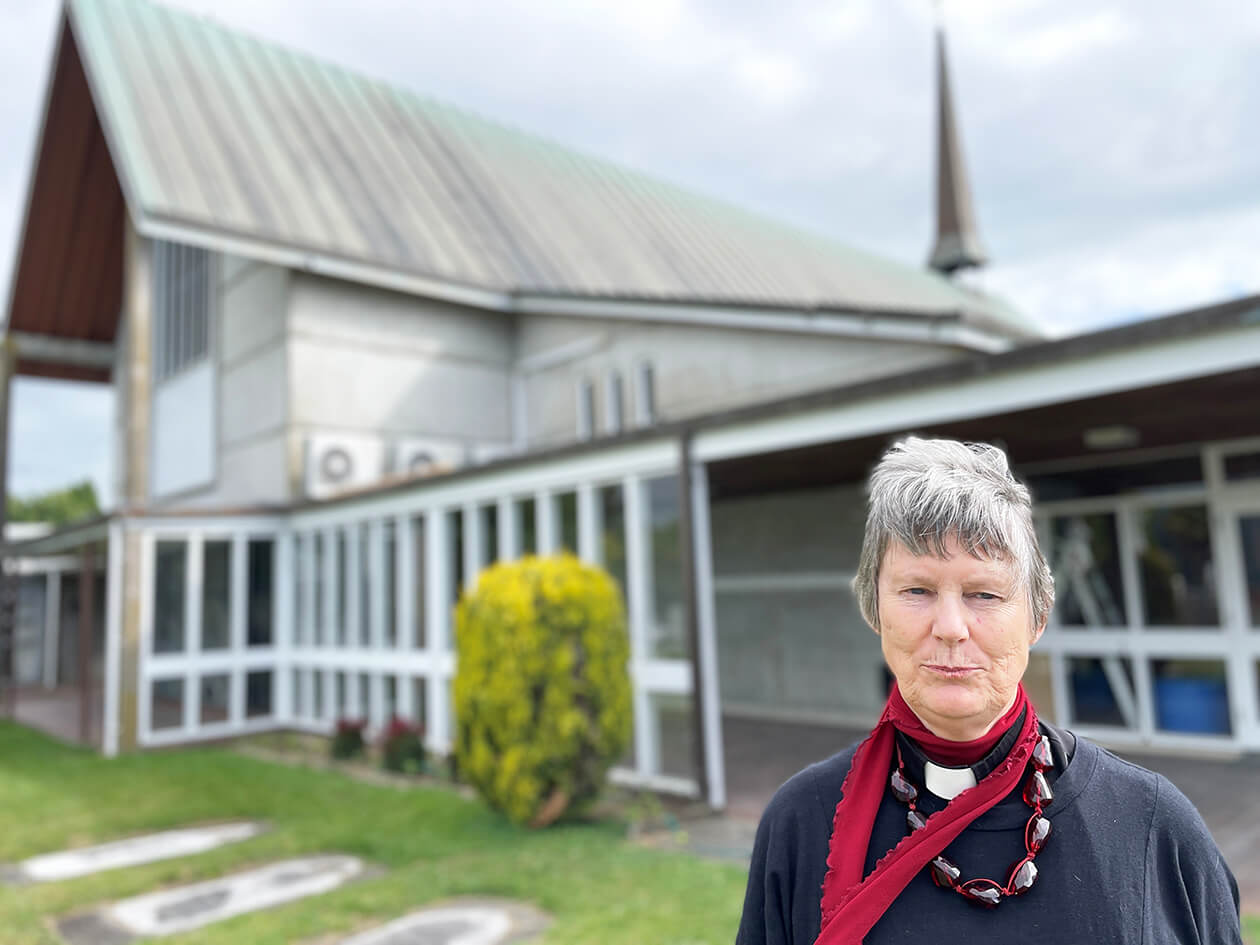Yesterday it rained properly for the first time this year. Maybe that’s an exaggeration, but that’s how it feels to me at least. And not just me. Everyone was talking about the rain.

Archdeacon the Rev Julie Guest
“You can almost see the grass greening,” someone said. We spoke with relief, because since Christmas conditions had deteriorated alarmingly. This paper reports that the land became barren, farmers have been forced to dry off their herds early, feed supplements, and some are buying in water. In my own garden, crops have failed, even those I’ve successfully grown in other years.
Drought in Te Awamutu, as everywhere, is a stark reminder of the fragility of life when deprived of essential sustenance. This physical drought mirrors the spiritual drought we might experience in our lives when we live with no awareness or acknowledgement of God’s love for us. Just as the land becomes parched and unproductive without rain, our hearts can feel empty and desolate without the nourishment of divine love. God’s love is the living water that nourishes our souls, helping us flourish in love, kindness, and inner peace. Without it, we might try to fill that void with temporary fixes or distractions, only to find that they don’t truly satisfy our deeper needs. However, just as farmers prepare and adapt to survive droughts, we too can seek ways to discover or reconnect with God’s love—through prayer, gathering with others who share faith in Christ, and scripture. God’s love, like rain, can transform a desolate heart into one that overflows with life, purpose, and gratitude .
The practice of the Examen, as beautifully introduced in Sleeping with Bread by Dennis, Sheila, and Matthew Linn, offers a simple yet profound spiritual exercise that can help us to find our way to God, by examining our daily lives. We begin by identifying moments of consolation (where we feel most alive, connected, and in tune with God’s love) and desolation (where we feel distant, dry, or lacking purpose).
In the context of spiritual drought, the Examen becomes a kind of lifeline, drawing us back toward the source of our nourishment. It allows us to reflect on the moments when we felt spiritually “fed” by God’s presence -those consolations that refresh our souls like rain on parched land. At the same time, it gently prompts us to acknowledge the moments of desolation and seek ways to reconnect with God.
What makes the practice so approachable, is its simplicity and adaptability. It’s a process of asking two key questions daily:
For what moment today am I most grateful?
For what moment today am I least grateful?
In the same way that drought forces us to cherish every drop of water, the Examen teaches us to notice and cherish God’s love in the smallest moments of our lives. It’s a gentle, consistent way to nurture our souls, keeping us open to God’s transformative “rain” of love and grace. If you want to know more google the practice of Examen or ask your local church leader.








